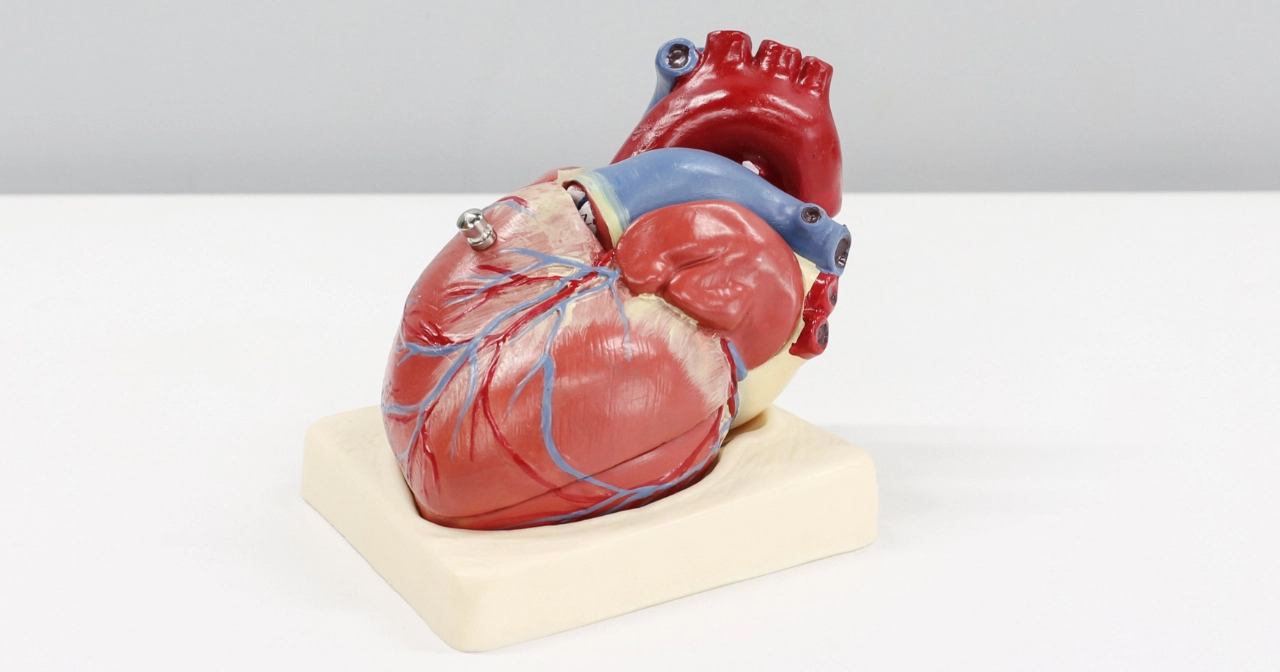Could essential oils help some people who’ve developed heart disease? If so, which ones? And how?
A new systematic research review tried to answer those questions.
According to the findings, certain essential oils could help people live better with cardiovascular disease, especially if they suffer from poor sleep or anxiety, both of which exacerbate cardiovascular disease symptoms.
Essential Oils in Supporting Cardiovascular Disease Issues
Research, to my knowledge, does not show that essential oils can treat cardiovascular disease itself. Rather, they may indirectly help support health while living with it by supplying the body with potent antioxidants, or, as this research review showed, by affecting the nervous system and its effect on stress and anxiety.
According to studies, during aromatherapy, plant odor, by acting on the olfactory nerve cells and subsequently activating the limbic system, can accelerate the secretion of various neurotransmitters such as enkephalin, endorphins, noradrenaline, and serotonin, and ultimately the effect.
Al Mohammed HI, et al.
The most frequently studied essential oils with patients who has cardiovascular disease include:
Regarding lavender, the study’s authors stated:
Lavandula angustifolia (lavender) is considered as one of the most frequent essential oils for treatments of mental disorders, for example, anxiety, insomnia, stress, and depression.
As each of these contributes to cardiovascular disease, it makes sense that lavender aromatherapy could help reduce the risk of cardiovascular disease, as well as slow its progression in some people.
As for rose essential oil, they found:
aromatherapy with Damask rose had positive effects on improving some conditions and disorders, for example, pain, anxiety, and sleep quality in various diseases such as cardiovascular ones.
They went on to explain that rose, through the olfactory system, stimulates the parasympathetic nervous system, which causes relaxation. It also inhibits the sympathetic (fight or flight) nervous system and cortisol release.
Finally, they summarized their peppermint findings:
Recent clinical trials reported the potent effects of peppermint in aromatherapy for treating some illness and conditions such as anxiety, fatigue, stress, depression, and pain through affecting the olfactory pathways of the brain, decrease anxiety, relieve pain, relaxation increase, regulating pulse rate, and improving sleep quality.
What about other essential oils?
Researchers have studied Lavender, Damask rose, and peppermint essential oils more than any others in relation to cardiovascular disease.
Does that mean they are the most effective? Not necessarily. They’re just the most studied.
Thousands of plants produce essential oils, and many of those produce compounds similar to the three above.
For example, wintergreen and spearmint contain many compounds similar to peppermint.
There might other essential oils that support cardiovascular health even better. Some of those might act directly on blood vessels rather than indirectly via the nervous system.
Nonetheless, there’s clearly research support for the three essential oils as a complement to other treatments. If you have cardiovascular disease or a family history of it, especially if you deal with anxiety, talk to your doctor and see if essential oils could be used as part of your treatment protocol.

Feel Better Fast. Guaranteed.
Energy+, EDGE, and MentaBiotics make up the Happy Juice supplement stack, with ingredients clinically proven to:
- decrease anxiousness scores by 55%
- decrease irritability scores by 60%
- decrease fatigue by 64%
- decrease anger 54%
- decrease tension by 45%
- decrease confusion by 43%
- decrease overall distress by 49%
- increase good bacteria by 70%
- decrease negative mood by 105%
- increase positive mood by 211%



